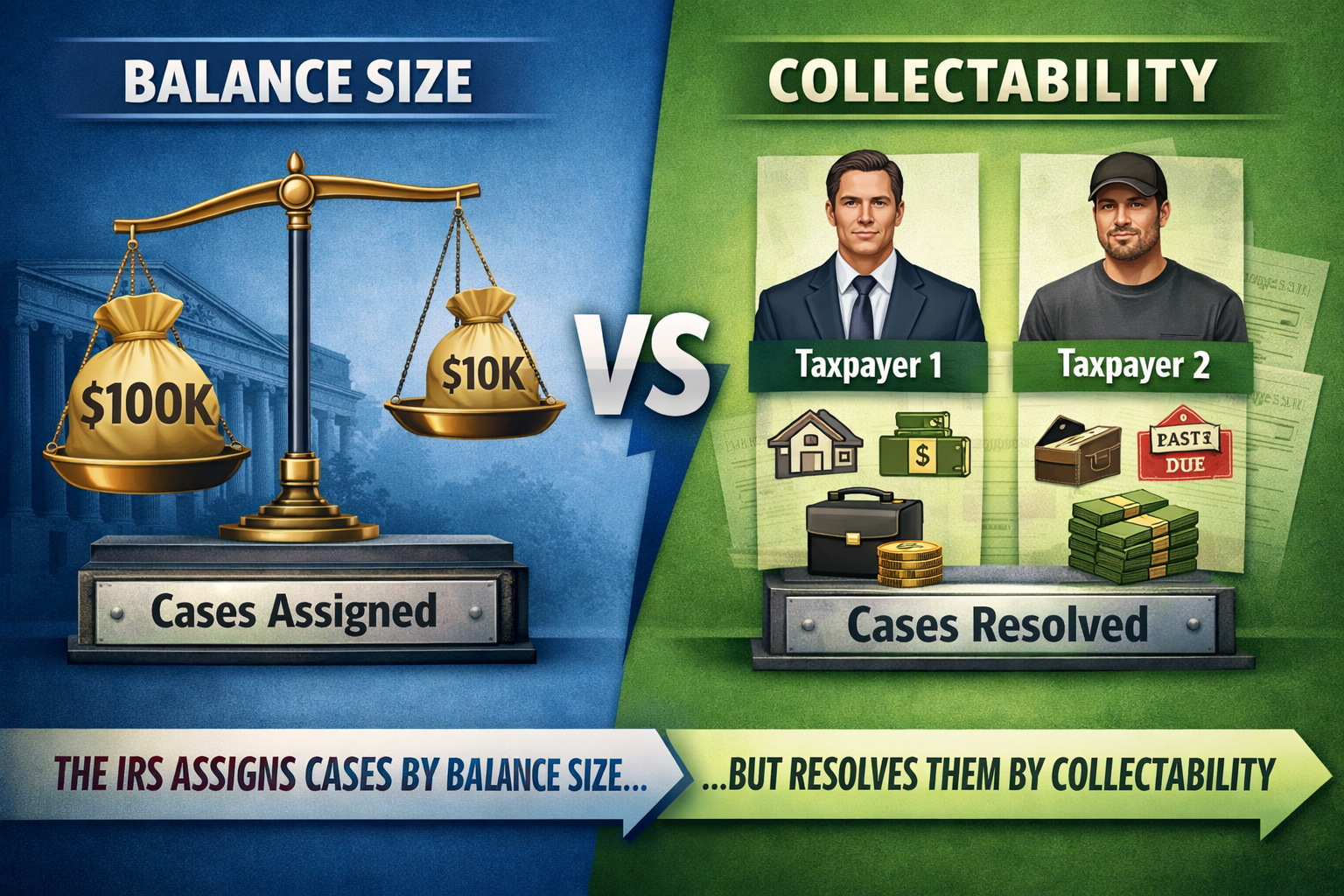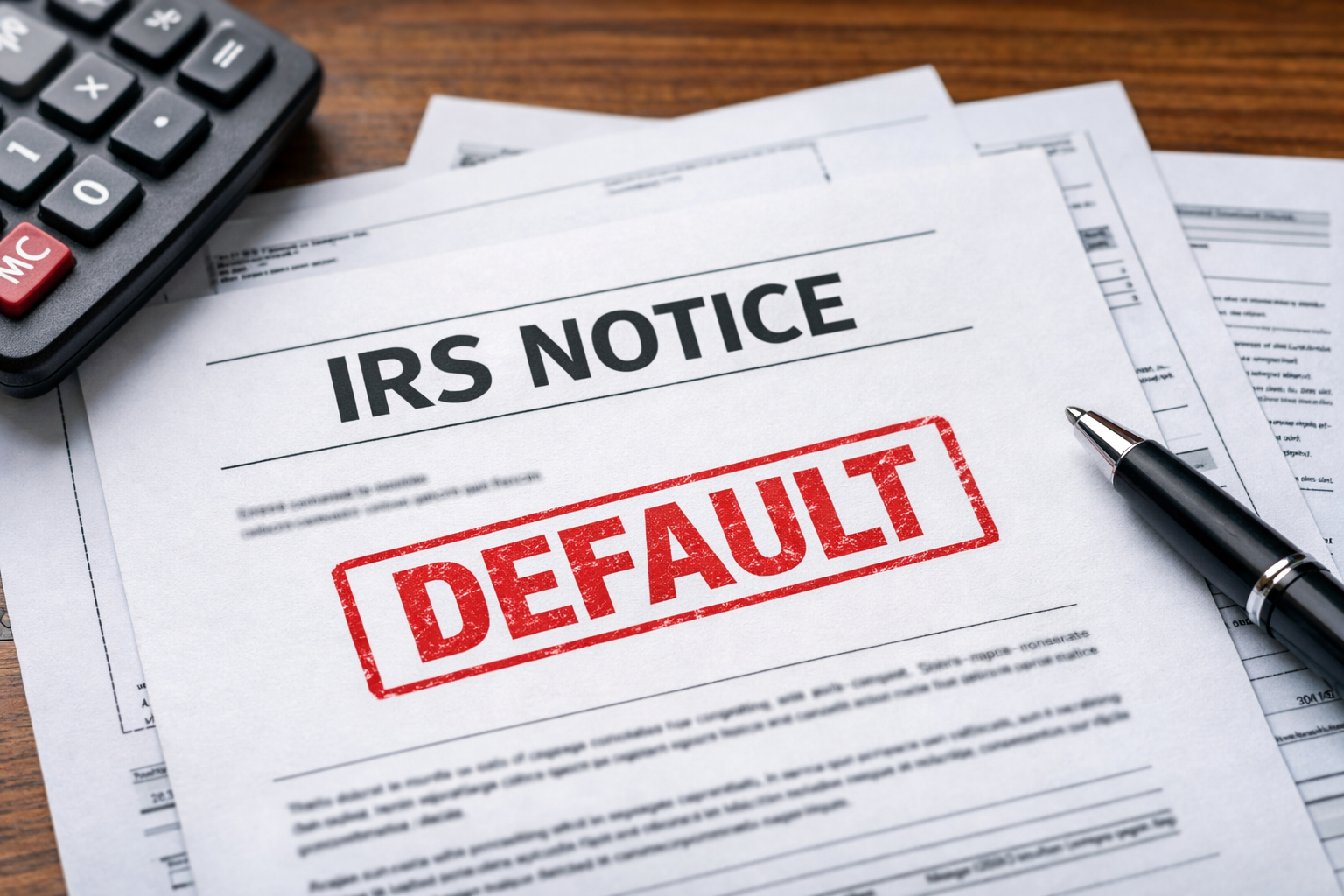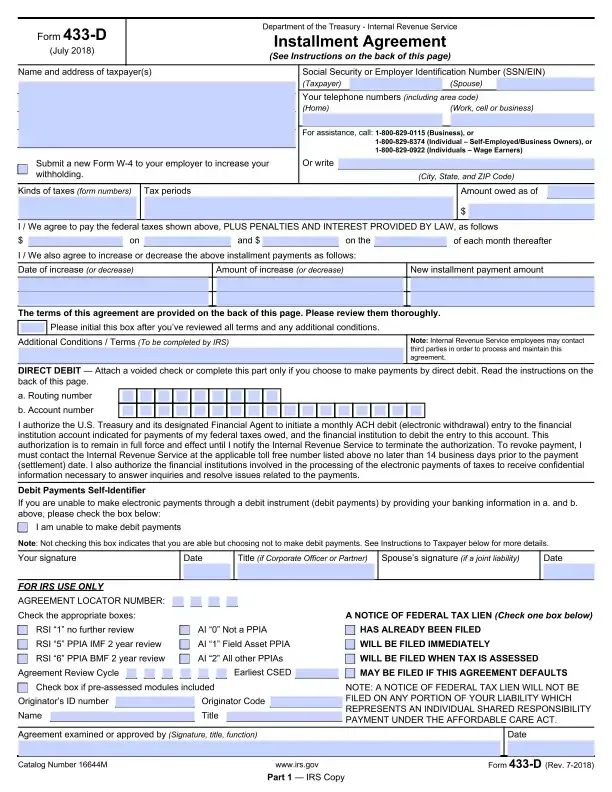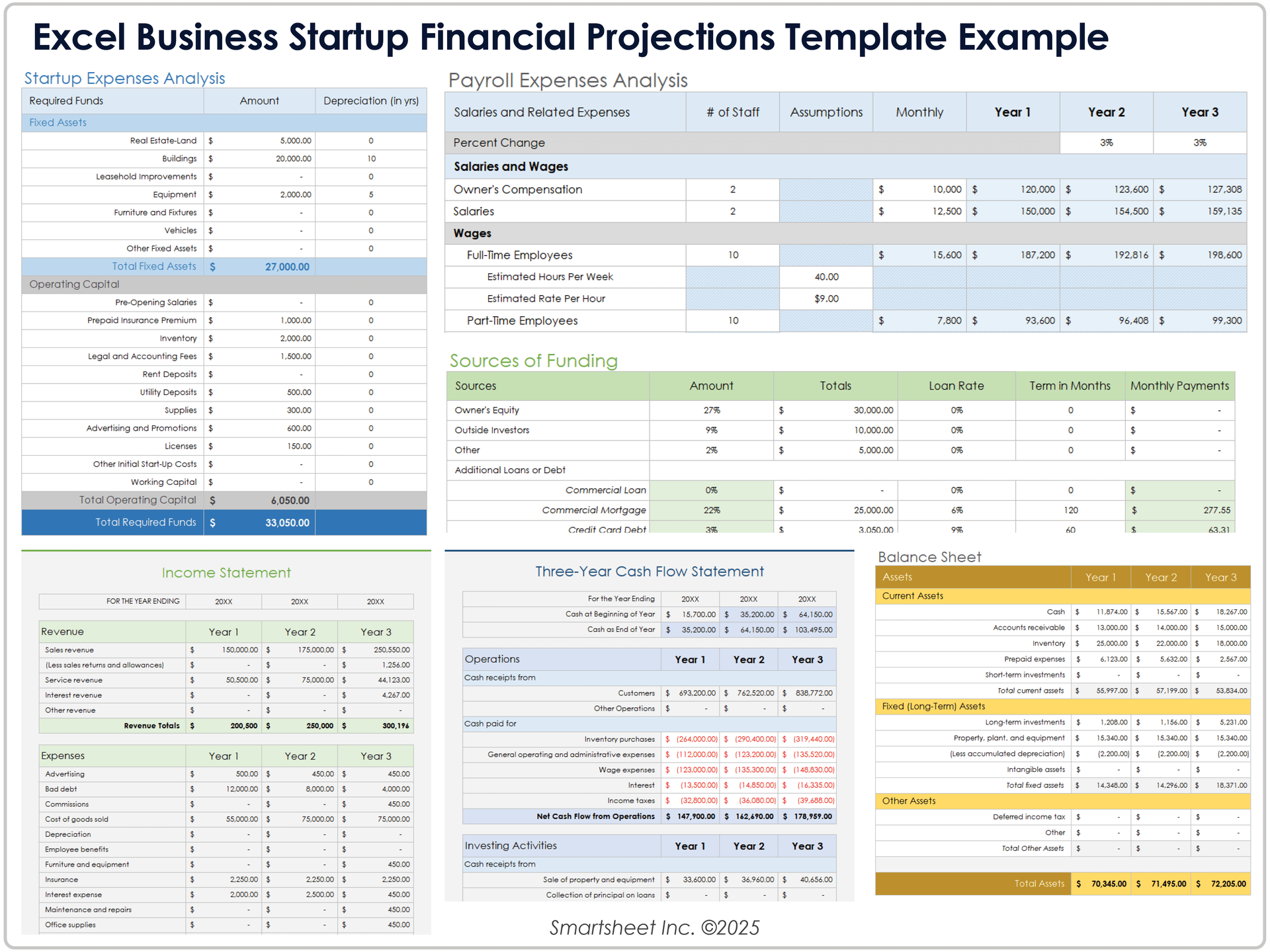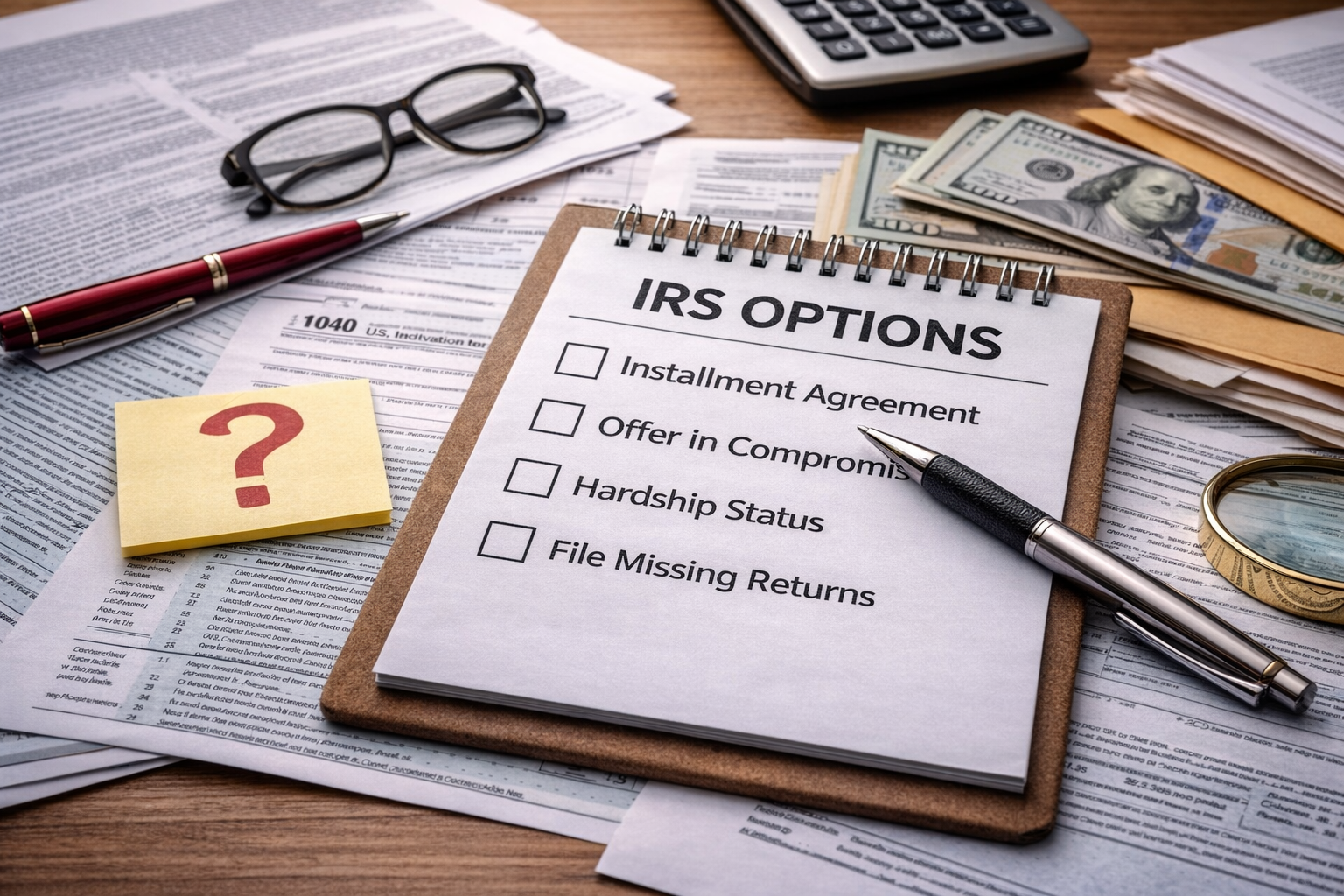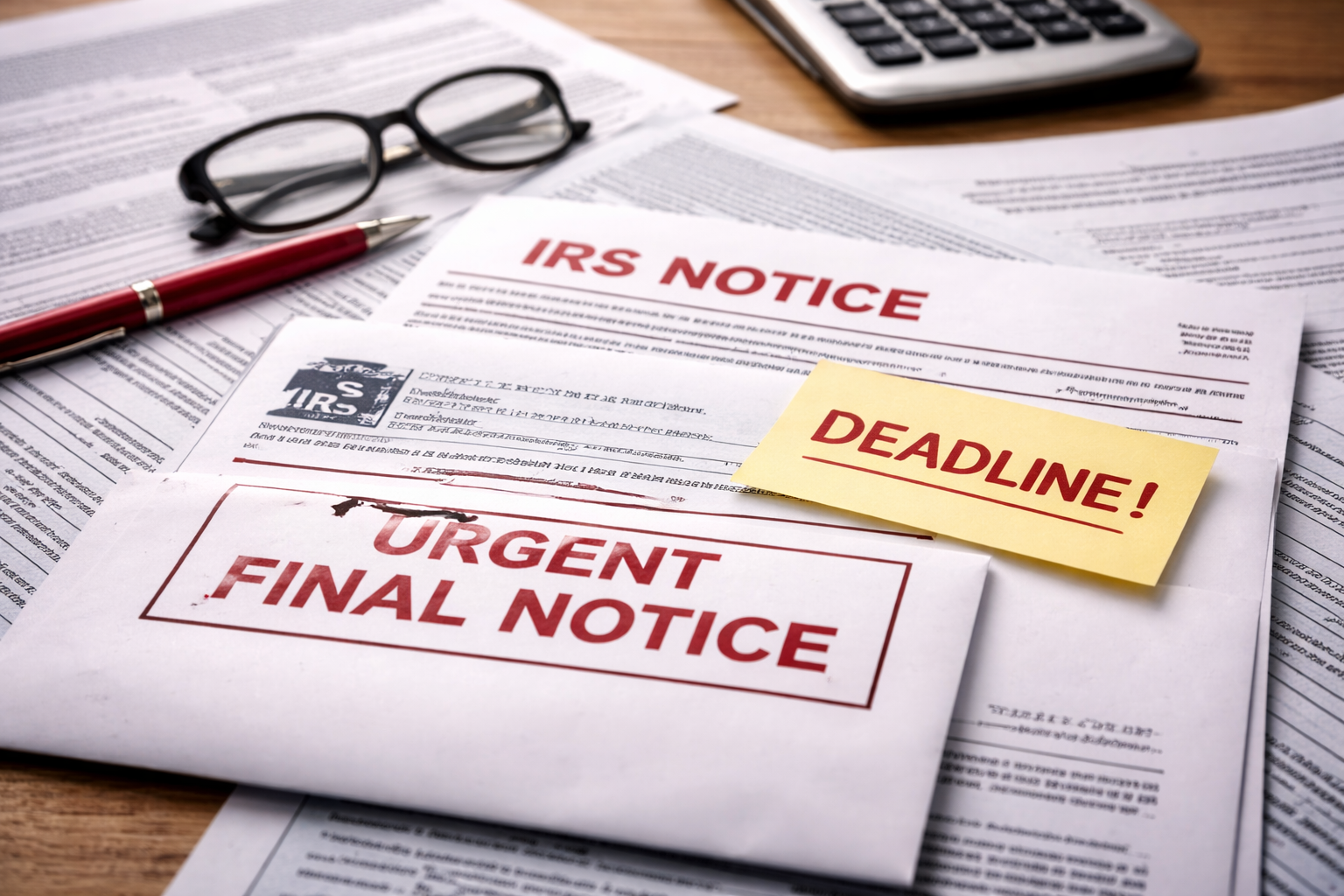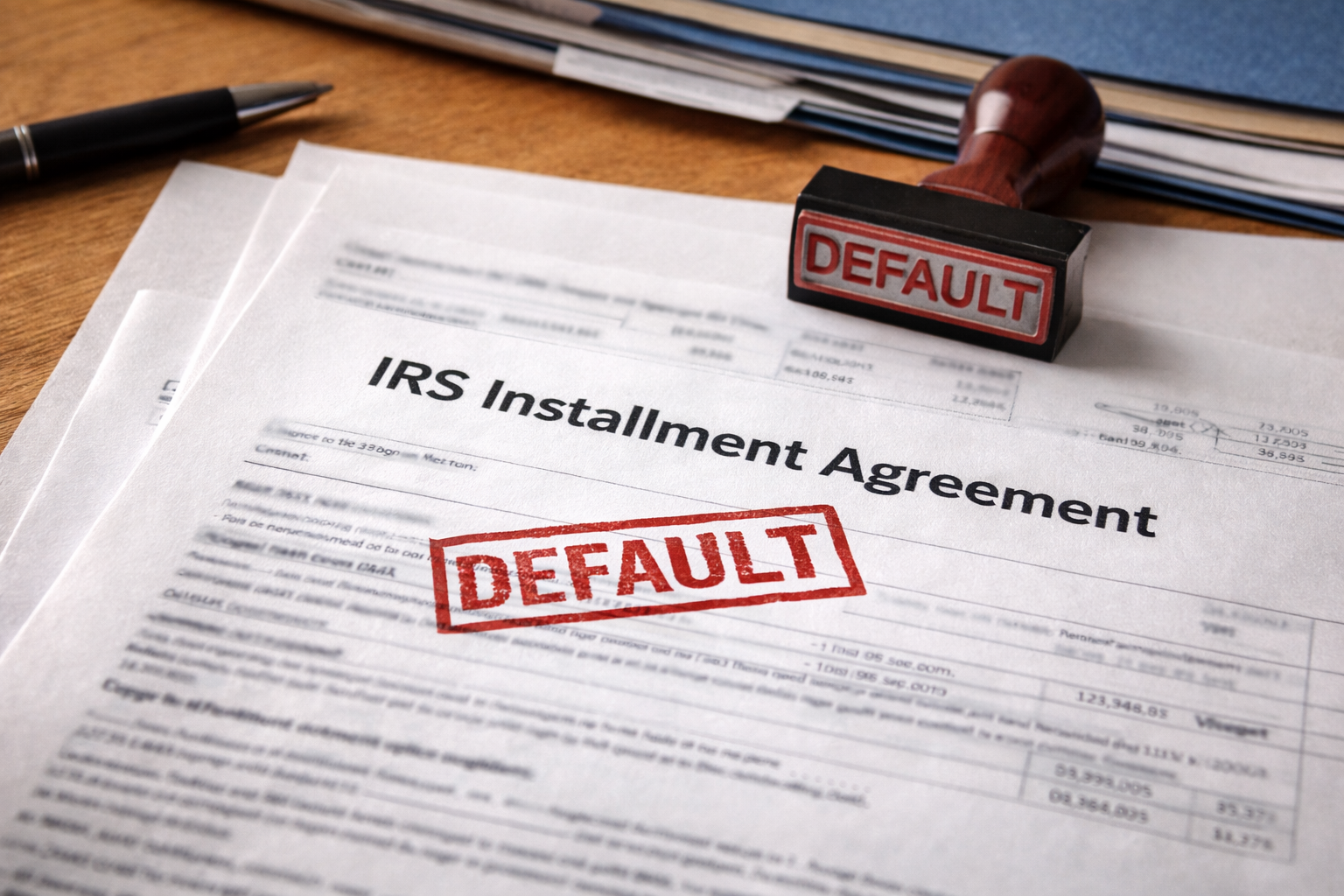Small Business Behind on Taxes? IRS Payment Plans Can Help—But Know the Rules

If your small business owes the IRS more than you can pay right now, don’t panic. The IRS offers Installment Agreements (IAs)—basically payment plans—to help you get caught up over time. Whether you owe income taxes or payroll taxes, there’s likely a path forward. But not all plans are created equal, especially when payroll taxes are involved.
The Basics: Installment Agreements for Business Owners
If you owe $50,000 or less, including penalties and interest, and you’ve filed all required returns, you may qualify for a Streamlined Installment Agreement. No financial paperwork is required—just propose a monthly payment that pays off the balance within 72 months (or sooner if the IRS’s collection clock runs out).
Even better, if your debt is $25,000 or less, signing up for direct debit might help you avoid a federal tax lien.
You can set this up yourself online using the IRS Online Payment Agreement tool. You’ll need your business info, proposed monthly payment, and bank account details if you’re doing direct debit.
Special Rules for Payroll Taxes
If you’re behind on payroll taxes (like Form 941 deposits), the IRS gets much more serious. These are called trust fund taxes—money you withheld from employees—so the IRS sees it as their money, not yours.
Here’s what you need to know:
- Current deposits must be on time. You must be compliant going forward to get an agreement.
- All returns must be filed. No exceptions.
- No pyramiding. You can’t keep racking up new payroll tax debt while paying off the old.
And even if you owe less than $50,000, you probably won’t get a streamlined agreement. The IRS usually requires a Collection Information Statement (Form 433-B) to evaluate your business’s financials.
If the debt’s been around a while, you might also face the Trust Fund Recovery Penalty (TFRP), where the IRS can hold business owners or employees personally responsible.
Pro Tips for Staying in Good Standing
- File everything—even if you can’t pay yet.
- Get current with new tax deposits before applying.
- Set realistic monthly payments to avoid default.
- Use direct debit—it’s easier, safer, and sometimes cheaper.
Bottom Line
An IRS payment plan can be a lifesaver for your business, but the process is stricter when payroll taxes are involved. Handle it early, stay compliant, and don’t be afraid to get help if things get complicated.
